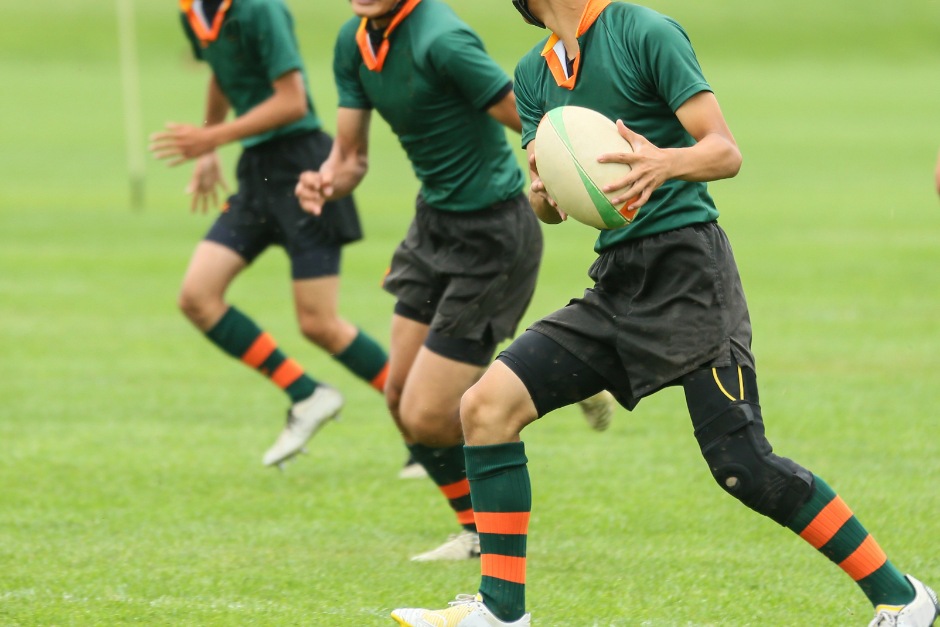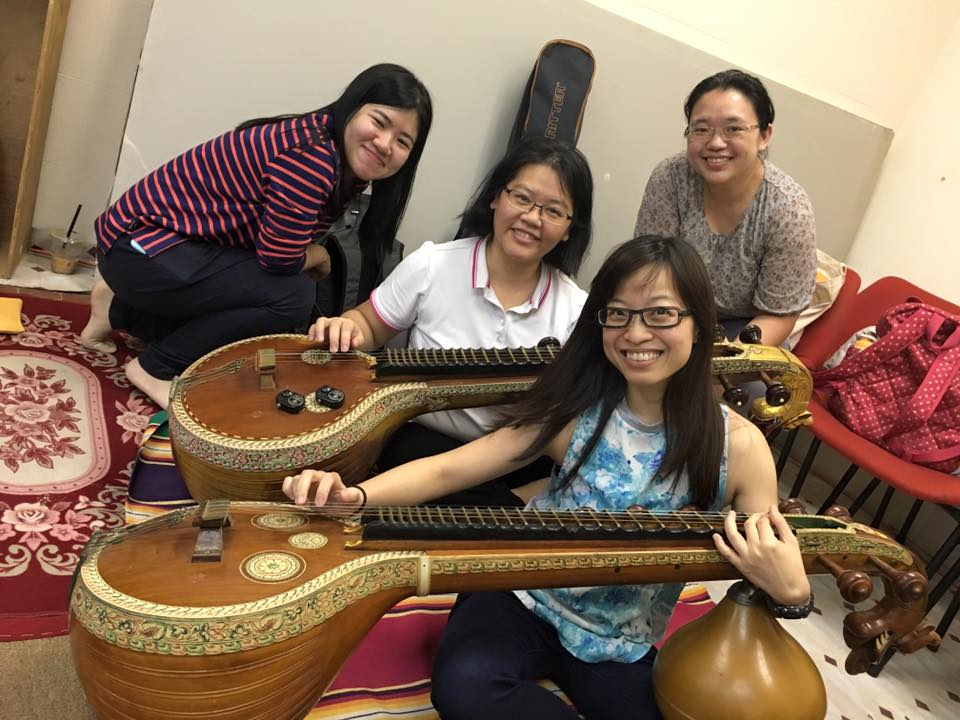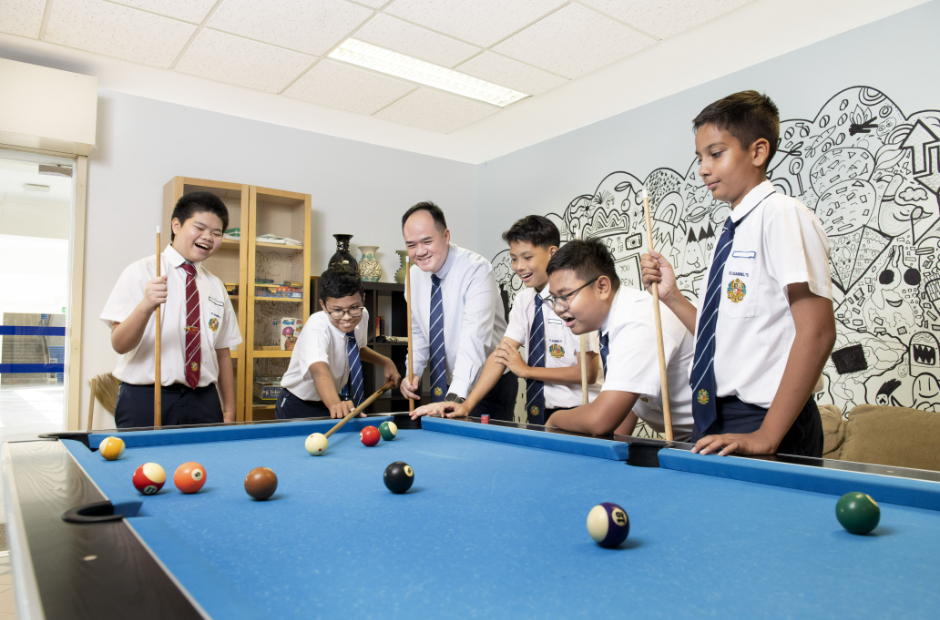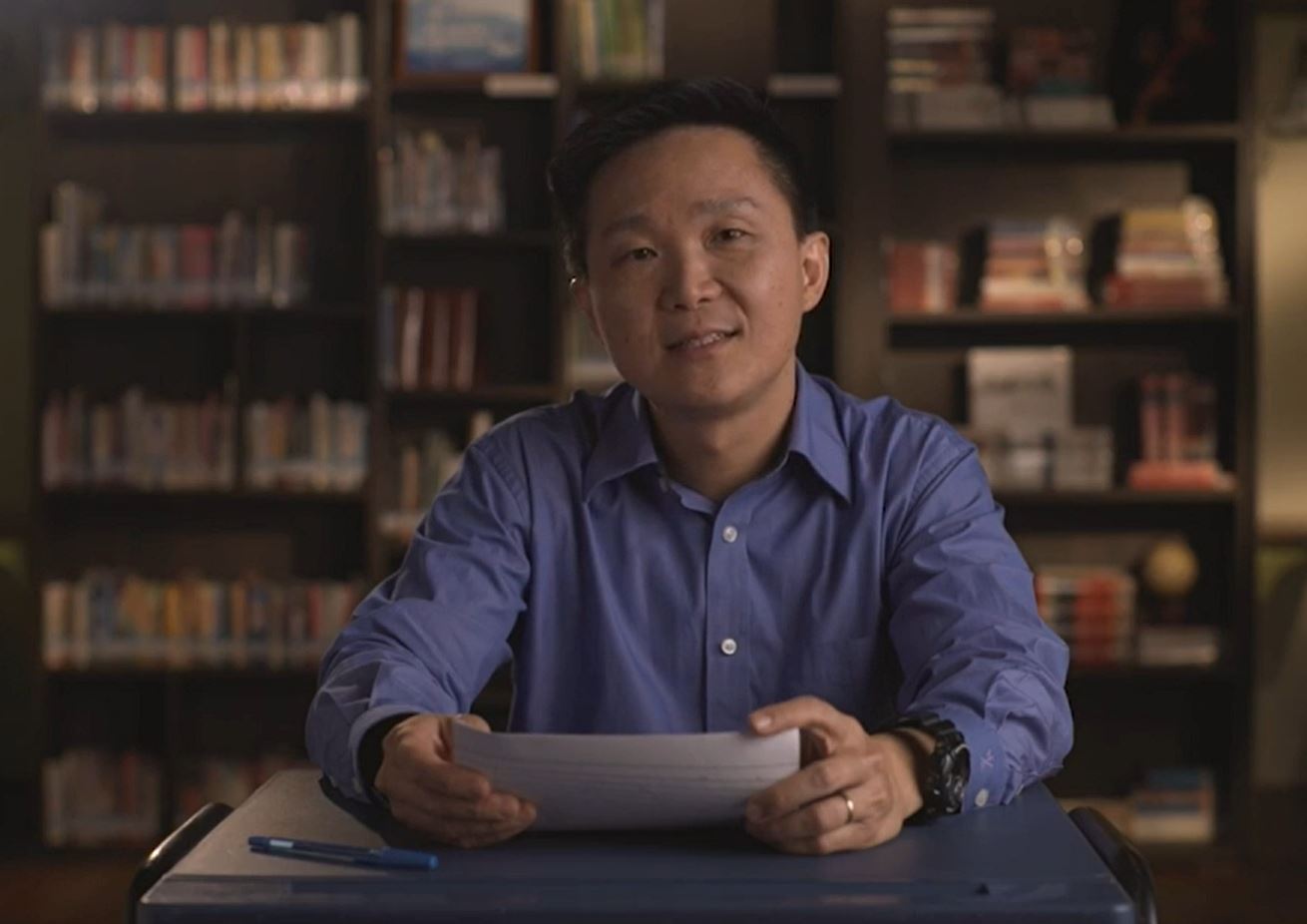Students have different interests and talents, and not all of them can be demonstrated at the national exams. The Direct School Admission (DSA) recognises this, and offers an opportunity for students to enter schools where their aspirations – be it in the arts, sports, leadership, STEM research or entrepreneurship and more – can be developed.
We caught up with Mr James Ng and Mr Cleve Chia, who head the Department of PE and CCA in Evergreen Secondary School and Cedar Girls’ Secondary School respectively, for their advice for students and parents considering the DSA route to secondary school.
Evergreen Secondary School offers DSA in sports, languages and community youth leadership while Cedar Girls’ Secondary School offers DSA in sports and social innovation.
Who should apply for DSA?
Mr Chia: DSA is meant to recognise students, who have a strong interest or talent that can be further developed in secondary schools with a matching programme. This means parents should start by considering if their child has an interest they are passionate about. Has the child been consistently pursuing a particular activity for a significant period of time in primary school? What areas has he or she shown success in?
This ‘success’ doesn’t have to come in the form of a medal or certificate. Success can also mean that they have persevered and shown progress in an area over time. Perhaps they have said something like, “I managed to do this today, I want to continue and try that next.” This is a sign that the child finds meaning in the activity and is motivated to take this further.
On the other hand, if they are disinterested or are finding ways to avoid participating in the activity, the DSA route may not be for them.
After all, we want children to be interested, and find purpose and success in what they are doing.
So, it is most important that parents discuss this frequently with their child to know what they think and wish to pursue in the long run.
How do parents and students choose the right school to apply for DSA?
Mr Chia: I’ll encourage parents to look at the unique programmes that each school has to develop their students’ strengths and talents. Which one works for their child?
For instance, in Cedar, we pride ourselves on the rigour and range of training offered through our sports programme, as well as our focus on developing innovation skills to serve our community.
It is also important to look at the school holistically, beyond the DSA talent areas. For example, what is the school culture, or what enrichment do they provide? Will your child be able to cope with the pace of learning?
All schools are committed to supporting their students. Yet if the pace of learning does not suit a child, he or she may struggle and have less time to pursue their interests to grow to their fullest potential.
Mr Ng: Parents may advise the child on their choice of school, but it is important to let the child find out more from their friends and seniors, visit the schools’ websites and see what appeals to them. The important thing is for the child to find an environment they are happy in.
In terms of academics, the teachers will monitor how our DSA students are doing, and offer remediation and support if any of them seem to be struggling. From observation, most of our DSA students are very motivated individuals. Even though some of them enter the school with a slightly lower PSLE score than their peers, most of them are able to cope and achieve comparable results to their peers by the time they are in Upper Secondary.
Do children need to have prior achievements in the talent area to qualify for DSA?
Mr Ng: Some experience would be sufficient, but achievements are a bonus. At Evergreen, we are open to taking in students who do not have experience in the specific sport. For example, we know that Rugby, which is one of our DSA talent areas, is not a very common sport and not many students would have the chance to take it up formally. So, we assess their potential for Rugby through other sports that they have participated in before and look at their reflexes and physical ability to see they are suitable. We actually have a couple of Floorball and Track and Field students who successfully entered the school through DSA in Rugby! So long as a child has experience in the broader area of sports, I’d say he or she stands a chance.
My school also offers DSA in the areas of Leadership and Languages. There aren’t many formal achievements for these areas, so we’d usually look at the kind of activities the applicants were involved in. For example, they may have been selected as a monitor, or served as emcee in their primary schools. These experiences will show us they have a strong interest or potential in these areas, and we’ll be happy to hear more about what they have learnt in an interview. Since last year, we have been conducting selection through Zoom. But don’t worry about it, your child’s primary school will help facilitate the set-up for the interviews.
What is the selection process for DSA like?
Mr Ng: We first look through the applications and shortlist students who have provided some evidence of skills or experience related to their DSA talent area. So, a note of advice is to include relevant details – for example, if a student lists only music-related skills when applying for a Sports DSA, he or she may not be shortlisted. We do not focus on the academic results, except for those who applied for our Language talent areas. In that case, we’ll only look at their language grades.
For sports, we get the students to perform some basic drills and we look at how they move. For example, how do they react to the ball and are they able to anticipate where the ball will go. We are looking for potential, and do not expect them to be masters of the sport – they are still young! There will also be an interview for all applicants for us to get to know them better.
Mr Chia: Our process is largely similar for DSA in Sports, though we have a slightly different approach for our DSA in Social Innovation applicants. The students are given certain scenarios and have to work with others to tackle a problem and explain their ideas. This is for us to see how they think and if they are able to empathise with others.
Cedar’s approach to selection is to consider what we can offer to nurture the student’s growth – in their talent area as well as academics. We want the student to grow and succeed with us. It is not about winning medals for the school. That is not the purpose of DSA.
What kind of preparation should students do before applying ?
Mr Ng: There is actually no need for special preparation for DSA. Parents may help their children by doing a mock interview, just to build their confidence. There’s no need to script their answers for them though – we can usually tell! Just let the children be their genuine selves.
Mr Chia: As mentioned earlier, DSA is about recognising a child’s consistent engagement, successes and gained experiences in an area of interest over time. It’s not something that a child should prepare for. Some parents may arrange for just-in-time special coaching to give their child an “added advantage” in the DSA, but this is not helpful in the long term. Without the foundation and a love for pursuing a sport, musical instrument or even fields like STEM and entrepreneurship, the child may not enjoy and thrive in the respective CCA or talent development programme afterwards. If your child is participating in a related CCA in primary school, the regular training they have gone through over the years will already stand them in good stead for DSA. Don’t worry too much about it and just encourage your child to pursue their interests wholeheartedly!






